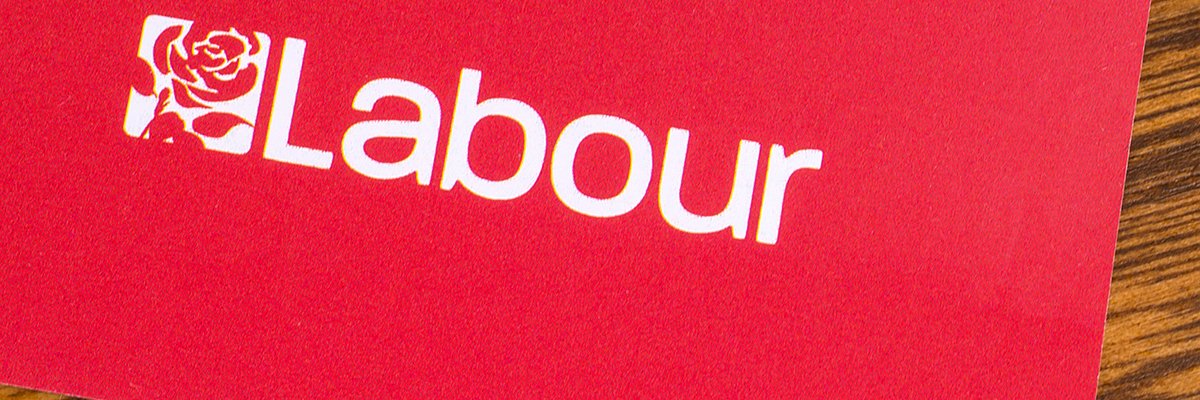The UK’s lack of digital regulation is stifling innovation and preventing the country from realising the promises of technology, says shadow digital secretary Lucy Powell.
Speaking at the UK Internet Governance Forum on 1 November, Powell said Labour plans “to harness the digital age for the many, not the few” by creating “a new settlement” where power, wealth and opportunity are diffused throughout the economy.
“The promise of the digital age was meant to break down barriers, spread and share knowledge, and join up the whole world with the opportunities this presents, but in many ways it has done the opposite,” said Powell in a keynote address.
“So far, the digital era has been marked by a concentration of power, data and influence in the hands of tech giants and their new monopoly, with huge power over what we buy, how we live, and indeed what we think.”
Powell said Labour will be looking at how to update the UK’s “analogue regulation for the digital age”, which she claimed would rebalance the power between people and platforms.
“While some see regulation as a dirty word, most understand its power to set a clear direction, a clear, level playing field and to build confidence,” she said. “We want British businesses to win the global race for tech and digital technologies, but to win the race, players need to know the rules of the game and be playing on the same pitch.”
Beyond plans for new legislation and regulation, which are still in development, Powell said Labour’s top priorities include boosting connectivity across the UK, and improving online safety.
She added that while the roll-out of 5G has been “woefully slow” under successive Tory governments, which Labour plans to speed up with a more “joined-up approach to getting cables in the ground”, connectivity is about more than the infrastructure itself.
“Even where connectivity exists, many cannot afford to access it,” she said, citing an Ofcom report which showed that nearly one-third of households are struggling to pay broadband bills, and a Lloyds Bank survey in which a quarter of adults not using the internet in the past three months said it was too expensive. “At the same time, 97% of eligible low-income families are currently missing out on social tariffs [for their broadband],” said Powell
To deal with these connectivity access issues, she outlined a three-point plan, which included the reversal of the wholesale price cap made in 2019, having Ofcom review consumer protections to deal with “mid-term contract price rises and other hidden penalties”, and the introduction of a mandatory, industry-wide social tariff.
On how Labour would get people engaged with the social tariff, given that such a high percentage already do not claim, Powell said it is something consumers should be signposted to, as most people are simply unaware the tariffs already exist.
“We want industry to come together, with Openreach and others, to have better advertised, better targeted social tariffs that I think more people would take up,” she said.
In the run-up to the 2019 general election, every major political party in the UK pledged to complete the roll-out of full-fibre broadband, although funding, timescales and approaches varied.
On online safety, Powell said that while reining in harmful business models is a matter of urgency, there is a possibility that the current Online Safety Bill “could run out of time” in this parliamentary session if it does not reach the House of Lords by Christmas, after having already gone through multiple delays.
“We stand ready to pass the Online Safety Bill,” she said. “It isn’t perfect, but we mustn’t let perfection be the enemy of good.” Powell added that the legislation’s focus should be on controlling the algorithmic distribution of harmful content, rather than policing individual posts on social media.
“The challenge is the engagement algorithms and how that works,” she said. “I’m less interested in the person who’s put a post on social media about suicide – if no one really sees it, then it’s not causing harm – I’m more interested in the fact that people are encouraged to see it.”
Powell said she is keen to see more sanctions – in terms of both criminal and financial penalties – and powers available to online harms regulator Ofcom, so that it can better scrutinise the behaviour of the tech giants.
However, the key was to get the regulator up and running with the powers currently in the Bill, as “gaps will emerge from there” and allow the Bill to be further refined against practical needs, she said.
Under the Online Safety Bill, tech companies could be required to use software to bulk-scan messages on encrypted services such as WhatsApp before their encryption, which is being justified by the government as a way to deal with child sexual abuse material and violent crime.
Computer Weekly contacted Powell’s office about Labour’s position on the encryption measures, but it declined to comment.
Sumber: www.computerweekly.com
 Skip to content
Skip to content








